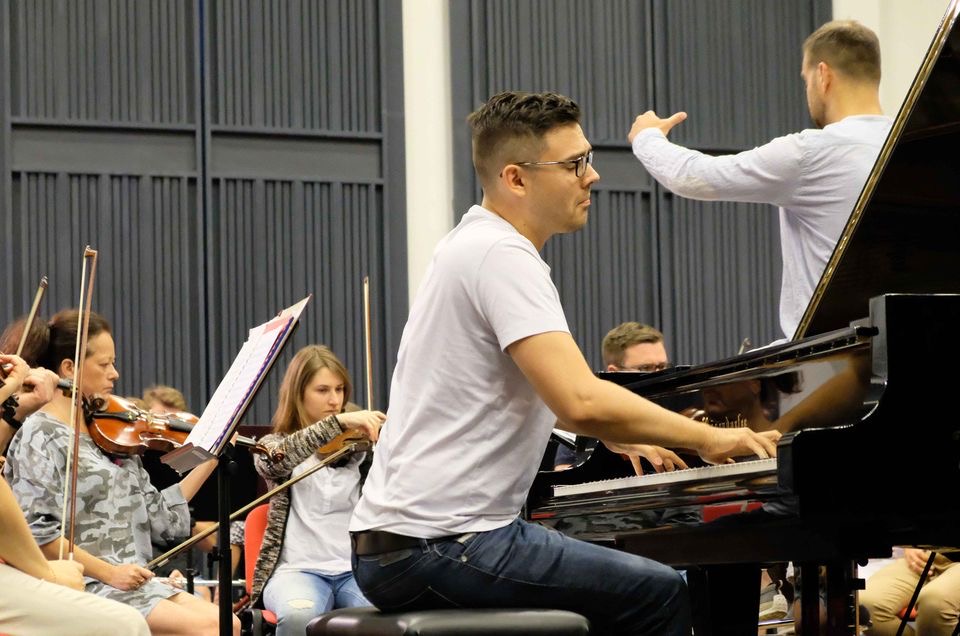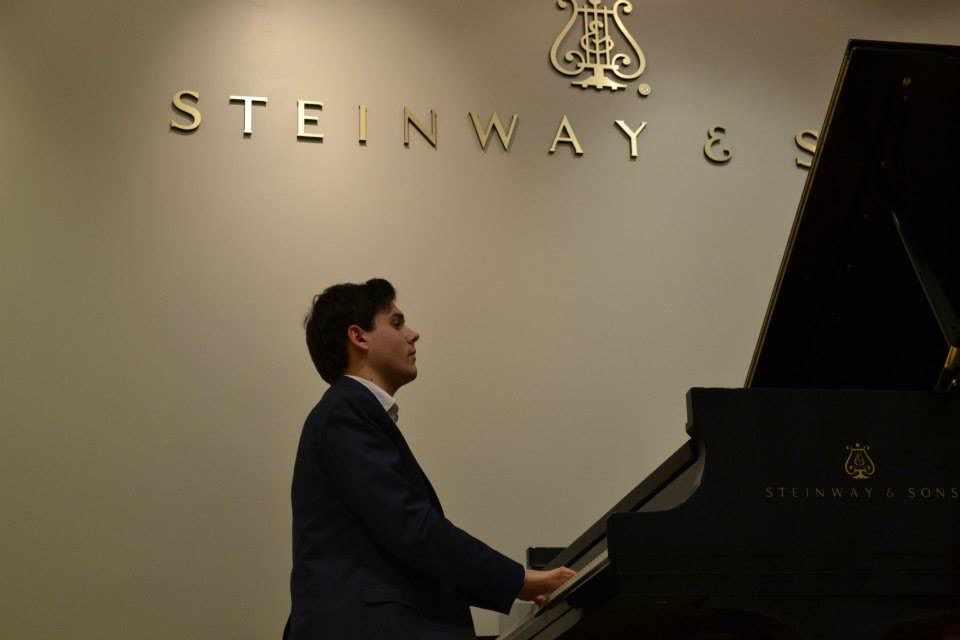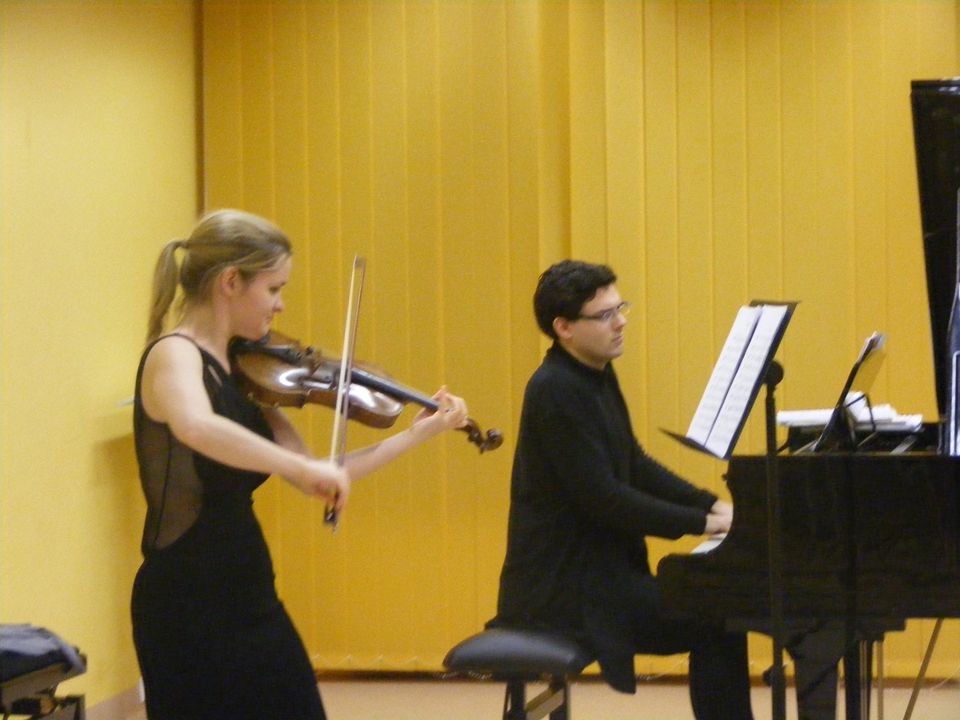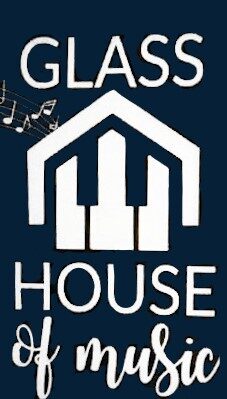Jarred Dunn is a professional pianist, a Yamaha Artist, and currently works as a piano instructor at McGill University Schulich School of Music. To get to this point, a professional performer often participates in many competitions. For pianists, the world of performing and competing are intertwined. Here are some of Jarred’s thoughts on performing and competing.
[After Covid] Do you see concerts becoming the norm again anytime soon?
I hope, but I don’t know. It was already a challenge to get concerts, but hopefully more communities will see and appreciate the value of concerts after all this is over.
If you had to choose one or the other (performing or teaching), which would you choose?
Another impossible question: I have good students and I enjoy teaching them, but without my performing I could not offer what I feel is best. Teaching is a kind of performing and performing a kind of teaching: they’re inextricably linked. Ok…performing.
You recently did a social media practice challenge, where you posted a one minute clip of whatever you were practicing for 100 consecutive days. What made you decide to accept this challenge?
I told myself I had to do it.
How did you decide what to post each day?
I became quite spontaneous. I made a list of 30 composers and went through them. After I was finished that, I repeated going the same composers. But by then I was bored with my system, because systems are always boring, so I just posted whatever I wanted each day.
Do you think the contacts in your social media accounts were inspired by this?
It appears they were, because my Instagram followers increased throughout the time I was doing this (@jarredpianist).
You encouraged your students to accept this challenge as well. Did many of them undertake?
Yes, and hopefully more will in the future.
Have any of your teachers accepted this challenge that you know of?
No. Most of them hate the digital world and are waiting impatiently to return to the usual.
After seeing all the positive responses from people, do you think you will continue to post practice videos every so often?
Yes. I will post short videos every few weeks, just to keep things going. I will definitely be taking a few days off after this has finished, though.
How old were you when you performed your first concert and where was it?
I was five, and it took place in a church in Niagara Falls. I performed Beethoven Bagatelles op.126 and some Bach preludes.
Sadly, the pandemic has restricted your performing opportunities. When was your last performance for an audience?
February 2020 at the Freedom from Religion Foundation in Wisconsin.
Do you miss performing?
Very much.
Do you have a pre-concert ritual?
I practice early in the morning, as always. I make a smoothie or eat energy-boosting food a couple of hours before the performance. When I arrive at the hall, I set my phone to airplane mode and make recordings from various parts in the hall so I can hear how the piano sounds in different areas. This is particularly important when playing with an orchestra, so that I can determine how I will need to play certain parts when the other instruments are playing.
Piano and concert hall conditions always vary. I prefer to organize a thorough sound check and get to know the instrument if it’s a hall I’ve never played. An hour alone with the piano before the concert is ideal. In Katowice at the National Polish Symphony, there was one performance when I wasn’t able to do a sound check. I was playing Polonaise-Fantaisie, Mephisto Waltz, and Rachmaninoff Préludes (all are larger works), on a 9-foot grand in a smaller hall that seated about 150 people. Sometimes, I am playing on a 6-foot grand, in a hall that seats more than 600 people. This is one reason I tell my students not to decide on their interpretation too trenchantly in the first year of playing a piece. Play each bar 50 ways and then don’t decide. Decide only in the moment of performance.
It’s clear that performing would give you various advantages in your teaching, but does teaching offer you anything as a performer?
If it wasn’t for teaching, I wouldn’t have developed as much empathy and social skill, so it does offer me something personally. But on stage I just need to be myself.
Being a pianist of your standing is unbelievably demanding. Have you ever felt like quitting?
Maybe, but never seriously… Some competitions can be so unpleasant that I wondered how I got there, but when I sat at the piano I didn’t regret it. There’s no way I could quit. My relationship with the piano is good all the time. Not always great, but always good. I love that as my bottom line my career and passion are one.
What excites you most about playing with an orchestra?
I love solo performing, and with an orchestra I’m an individual in a large group. When I finish a concerto, I am a different musician because I just had deliver a dramatic monologue with sometimes 60 other musicians interacting with me at the same time, not to mention keep in step with the conductor. There are all these different voices coming at you and you have to respond. The response to these voices has to be instant and fluid: you cannot be thinking about pianistic technique at all. This is an experience I wish for all of my students to have.
I know you have performed in many competitions. When was your first?
Age 6.
Which one was the most nerve-wracking?
One in Germany in 2017, because I had to memorize a new set of pieces that had been commissioned for this particular competition.
How did you benefit from competing?
Winning the Chopin competition in Lithuania guaranteed me a year’s worth of performances in Europe and offered many master classes and workshop teaching opportunities. Travelling was a benefit, because even if I didn’t pass to the finals as I had hoped, I was then spending time exploring new cities and nearby sights.
You recently became a Yamaha Artist- congratulations! How does it feel to have that title?
Like I have legitimately distinguished myself in ways that are worthy of promoting. I’m thrilled about it.
Do you think this will open any doors for you as a performer and/or teacher?
Yes. They’re helping me with my next album.
You recorded your first album about a year ago- is that correct? And now you’re already working on a second and a third?
Yes I did. I am focusing on one album at a time, but there are two more projects on the horizon that Yamaha is supporting.
(You can find Jarred’s album ‘Chopin and Debussy’ on Apple Music, iTunes or Spotify)
Who are some inspiring figures in music, both past and present for you?
William Shakespeare contributed more to beautiful oration and poetic utterance, than did any other play-write. If a musician wants to know how to speak (music) on a stage, they should study Shakespeare’s plays and poems, or at least any poetry and arts that connect with them. These build sense of fantasy, and enough cannot be said for developing this fantasy.
Stay up to date on Jarred’s upcoming concerts through his website: www.jarredunn.com
Check out Jarred’s Yamaha Artist Bio: https://ca.yamaha.com/en/artists/j/jarred_dunn.html
Rehearsal of Brahms Concerto in D Minor with Torun Symphony Orchestra, Poland (2019):

Recital at the Steinway Gallery of Mississauga (2014):

Chamber music recital at Primary Music School in Dabrowa-Górnicza, Poland, with Anna Kuk (violin):

